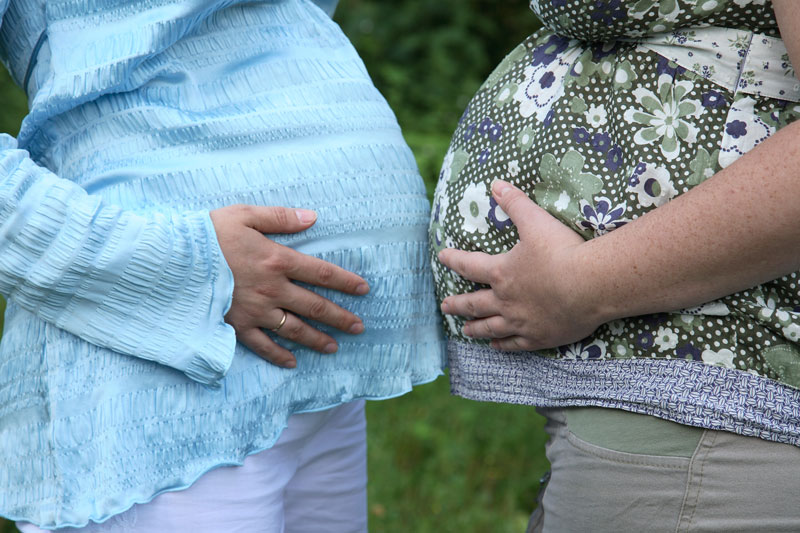Elizabeth Harrington, writing for the Washington Free Beacon, revealed this past week that the National Institutes of Health (NIH) is spending almost half a million dollars to watch pregnant women as they walk.
The study, conducted by the Butler Hospital in Providence, R.I., is designed to find out if a “gentle” workout regimen of light walking can help pregnant women avoid depression. The grant request that received the funding reads in part:
“The American College of Obstetricians and Gynecologists strongly recommends regular physical activity throughout pregnancy, yet, in practice, many pregnant women are unsure of how to safely adhere to this recommendation.”
“Findings from our research indicate that a tailored, supported physical activity intervention would be acceptable to depressed pregnant women and would be preferable over pharmacotherapy.”
The problem is that a single small study will not yield a verifiable actionable answer to a question that isn’t burning for one. The grant request continues:
“Our team recently developed a gentle, 10-week, pedometer-based walking intervention designed for pregnant women, the Prenatal Walking Program (PWP), including detailed intervention manuals, interventionist training programs, and adherence scales.”
The research study, that has so far cost taxpayers $471,770 so far, will continue through July 2019. Researchers divided the 152 women involved in the study into two groups.
One group will follow a walking regimen while the other will receive “perinatal-focused health education” counseling. The study will see which group has less stress and depressive symptoms after being in the programs for 10-weeks.
Researchers who dreamed up this study say that it was designed to help prevent complications associated with depression. Study authors told NIH grant makers that:
“Depressive symptoms are prevalent among pregnant women and consistently linked with adverse outcomes for both women and infants, including higher rates of spontaneous abortion, preeclampsia, operative delivery, and postpartum depression.”
“Infants of depressed pregnant women are more likely to be born pre-term, and experience more language and cognitive delays, anxiety disorders, and attention deficit / hyperactivity disorder.”
Their justification for the grant ends with this specious defense. There is “no study to date” designed to watch pregnant women while they walk.























